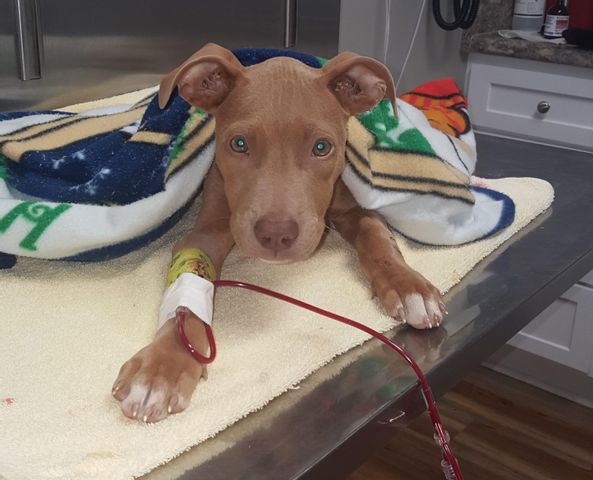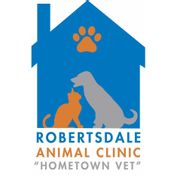
No pet owner wants to think about their puppy getting sick, but dogs are especially vulnerable to infections early in life. One common health issue for puppies is intestinal parasites. While harmful and potentially life-threatening, proper treatment and prevention from a reputable animal hospital will eliminate the pests and bring your pup back to a healthy state. Here’s what veterinarians want every puppy owner to know about intestinal parasites.
What to Know About Intestinal Parasites in Puppies
Hookworm
Hookworms are parasites named for their hook-like mouths that allow them to latch onto the intestinal lining of dogs. They can enter a canine host in a number of ways, such as contaminated dirt or water, direct contact, nursing from an infected female, and oral ingestion. Mothers can even pass the parasites on to their litters before they’re born. Hookworms feed off of tiny blood vessels within the intestines, which can lead to anemia if left untreated. This is particularly dangerous for developing puppies. Symptoms of infection include lethargy, weight loss, pale gums, stunted growth, and bloody diarrhea. Prevention is the key to avoiding infection, so ask your veterinarian about available medications for parasite prevention. Feces is a common route for hookworm transmission, so clean up your dog’s bowel movements immediately and avoid areas with a lot of dog poop.
Coccidia
 Significantly smaller than hookworms, coccidia are single-celled organisms that cause an intestinal tract infection known as coccidiosis. Your pet can become a host for coccidia by digging into feces or dirt contaminated by an infected dog. These protozoa tend to do the most damage to cells in the lining of the intestines. Unfortunately, most adult dogs will not show signs of coccidiosis. Puppies may experience diarrhea, vomiting, dehydration, and gastrointestinal upset. Coccidiosis can be fatal for puppies in severe cases, so prevent opportunities for infection by doing regular fecal tests with the veterinarian and quickly removing your dog’s feces from your yard.
Significantly smaller than hookworms, coccidia are single-celled organisms that cause an intestinal tract infection known as coccidiosis. Your pet can become a host for coccidia by digging into feces or dirt contaminated by an infected dog. These protozoa tend to do the most damage to cells in the lining of the intestines. Unfortunately, most adult dogs will not show signs of coccidiosis. Puppies may experience diarrhea, vomiting, dehydration, and gastrointestinal upset. Coccidiosis can be fatal for puppies in severe cases, so prevent opportunities for infection by doing regular fecal tests with the veterinarian and quickly removing your dog’s feces from your yard.
Giardia
Like coccidia, giardia are protozoa that infect dogs through contaminated feces or water. Giardia first take shelter in the small intestine, then settle into the colon to wait for the host’s next bowel movement. Giardiasis does not seem to infect dogs in the traditional sense, as it doesn’t cause noticeable destruction to any cells or tissues. However, giardia does somehow disrupt the function of the intestinal epithelial. This cell layer acts as a protective barrier against harmful elements and a selective filter to allow in necessary nutrients. With swift treatment and expulsion, your puppy’s intestines will return to their normal functions. As with other parasites, practicing good hygiene is an important part of prevention. Make sure your dog always has clean drinking water.
If you need to speak with a reliable veterinarian about parasite prevention or treatment, reach out to Robertsdale Animal Clinic. Serving Baldwin County, AL, residents, they provide exceptional pet care using the latest advancements and techniques in veterinary medicine. This team of pet professionals will go above and beyond to keep your furry family member comfortable and healthy. Learn more about their affordable services online or call (251) 947-7297 to schedule an appointment.
About the Business
Have a question? Ask the experts!
Send your question

